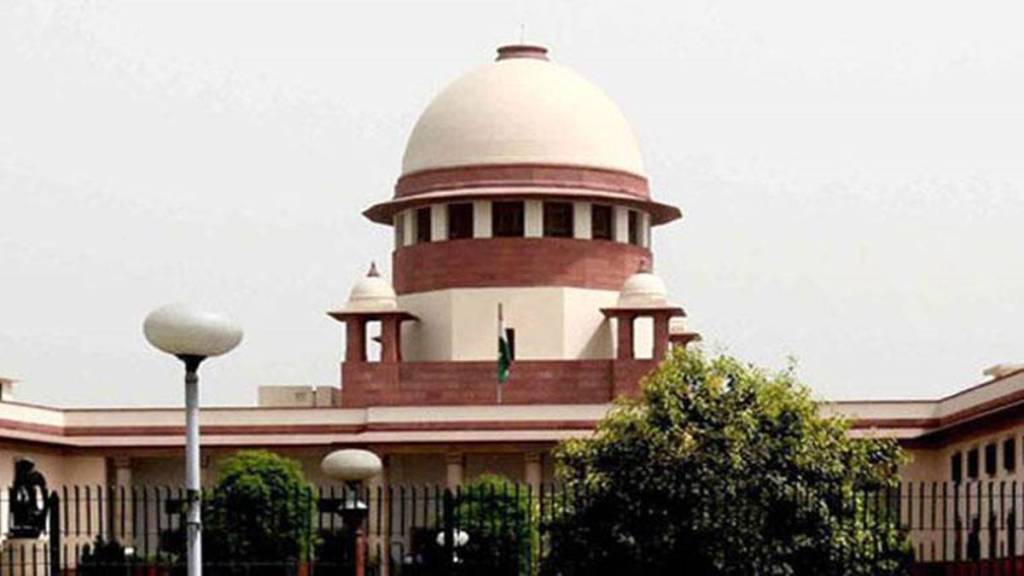The Supreme Court on Tuesday reserved its decision on petitions urging the Central and state governments to stop demolishing the homes or shops of individuals accused in criminal cases as a form of extra-legal punishment.
A Bench comprising Justices BR Gavai and KV Viswanathan extended an earlier interim order that prohibits authorities from demolishing properties of those suspected of criminal activities without first obtaining the Court’s permission. This order will remain in effect until the case is resolved.
The Court, however, clarified that this directive does not apply to cases where demolitions are necessary to remove unauthorised constructions.
During the proceedings, the Court suggested the establishment of an online portal to inform individuals affected by proposed demolitions and recommended videography of the demolition actions.
“We are a secular country and our directions will be for all irrespective of religion or community. Of course for encroachments we have said…if it is on public road or footpath or water body or railway line area, we have clarified. If there is any religious structure on the middle of the road be it gurudwara or dargah or temple, it cannot obstruct the public,” the Court observed, as quoted by Bar and Bench.
Additionally, the Court noted that judicial oversight is essential for demolition orders. Justice Viswanathan remarked that while notices provide time for replies, the real concern lies in the enforcement of orders, which requires careful judicial review.
On September 17, the Court initially issued an order banning the demolition of properties belonging to those suspected of criminal activities without prior Court approval.


